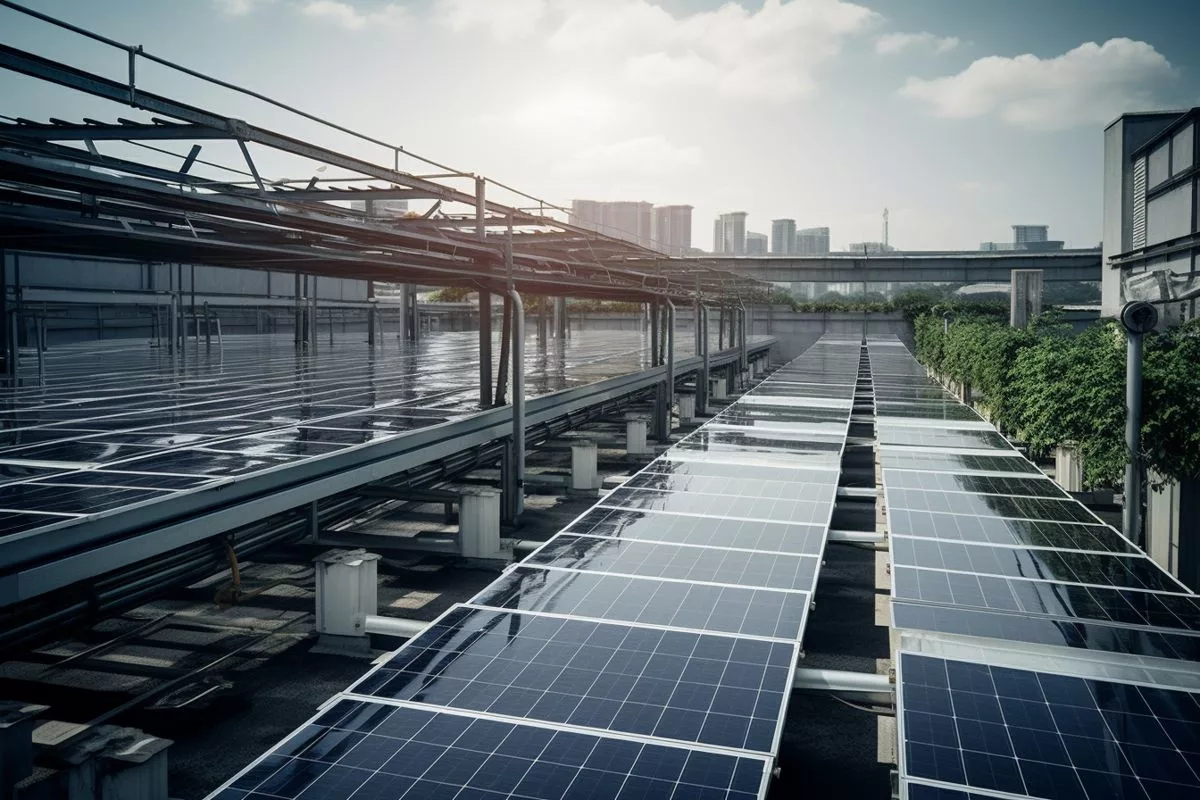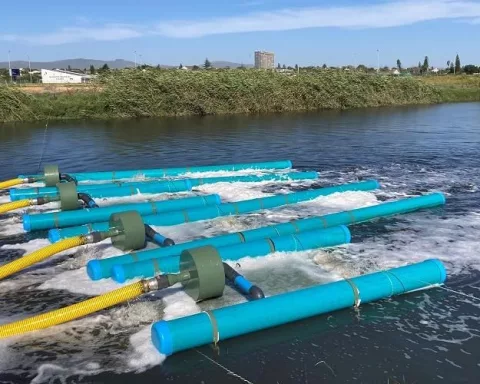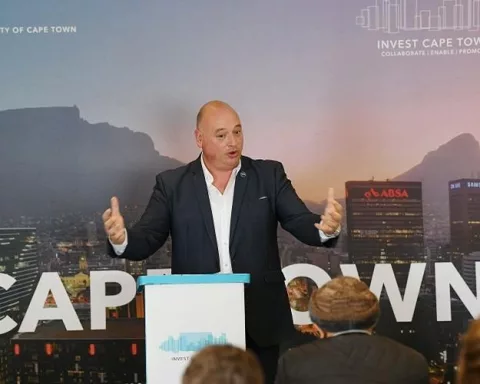BMW Group’s Plant Rosslyn in South Africa is a model of innovation and social responsibility, with a rich history of car manufacturing and export. The plant contributes significantly to the South African economy and is committed to fostering education, entrepreneurship, and social development. It places a high value on continuous learning, employee development, and diversity and inclusion. Sustainability is a core commitment, and collaboration with other BMW Group factories is key to its success. It serves as a testing ground for cutting-edge retail models for the future.
BMW Group’s Plant Rosslyn in South Africa has become a symbol of innovation, adaptability, and social responsibility over its 50 years of operation. The plant, which began as an assembly site for Praetor Monteerders in 1968, has grown to include a sales center, financial services branch, and vehicle distribution center, representing BMW Group’s South African operations.
A Rich History of Car Manufacturing and Export
Plant Rosslyn shifted its focus to car manufacturing for export in the 1990s, starting with the iconic 3 Series and producing the BMW X3 in 2018. The plant has exported an impressive 1.6 million vehicles to over 40 countries.
A Key Contributor to the South African Economy
With nearly 3,000 employees and 14,500 suppliers, Plant Rosslyn is a significant contributor to the South African economy. The plant is dedicated to fostering education, entrepreneurship, and social development through various programs, including the YES for Youth initiative, which has provided job training to over 1,400 young South Africans.
Continuous Learning and Employee Development
Plant Rosslyn places a high value on continuous learning and employee development. The plant offers various training programs, such as the Vocational Training Academy and the Digital Boost program, covering foundational skills, digital literacy, and electric vehicle production.
Championing Diversity and Inclusion
BMW Group South Africa champions diversity and inclusion through programs like Women in Leadership and Rising Stars, ensuring equal opportunity for growth and development among underrepresented groups.
A Commitment to Sustainability
Sustainability is a core commitment of Plant Rosslyn, demonstrated by the plant’s significant strides in reducing energy usage, water consumption, and waste output through innovative measures like a solar photovoltaic system, a rainwater harvesting system, and eco-friendly suppliers.
Collaboration for Success
Collaboration is key to the success of Plant Rosslyn, with close ties to other BMW Group factories such as the Spartanburg plant in the U.S. Talent exchange, project collaboration, skills transfer, and regular meetings enhance overall operations.
Pioneering Retail Models for the Future
Plant Rosslyn serves as a testing ground for cutting-edge retail models like the New Retail Sales Model (NRSM) and Future Sales Model (FSM), providing personalized service and expanding retail channels to enhance the customer experience.
In conclusion, Plant Rosslyn is a pillar of the local community and a global contributor, embodying the values and commitments that BMW Group stands for. As it looks to the future, the plant will continue to make significant strides and lead the way for other companies to follow.
1. What is BMW Group’s Plant Rosslyn in South Africa?
BMW Group’s Plant Rosslyn in South Africa is a model of innovation and social responsibility, with a rich history of car manufacturing and export. It contributes significantly to the South African economy and is committed to fostering education, entrepreneurship, and social development.
2. What is the history of car manufacturing and export at Plant Rosslyn?
Plant Rosslyn shifted its focus to car manufacturing for export in the 1990s, starting with the iconic 3 Series and producing the BMW X3 in 2018. The plant has exported an impressive 1.6 million vehicles to over 40 countries.
3. What is the commitment to sustainability at Plant Rosslyn?
Sustainability is a core commitment of Plant Rosslyn, demonstrated by the plant’s significant strides in reducing energy usage, water consumption, and waste output through innovative measures like a solar photovoltaic system, a rainwater harvesting system, and eco-friendly suppliers.
4. What is the focus on diversity and inclusion at Plant Rosslyn?
BMW Group South Africa champions diversity and inclusion through programs like Women in Leadership and Rising Stars, ensuring equal opportunity for growth and development among underrepresented groups.
5. What is the testing ground for cutting-edge retail models at Plant Rosslyn?
Plant Rosslyn serves as a testing ground for cutting-edge retail models like the New Retail Sales Model (NRSM) and Future Sales Model (FSM), providing personalized service and expanding retail channels to enhance the customer experience.












